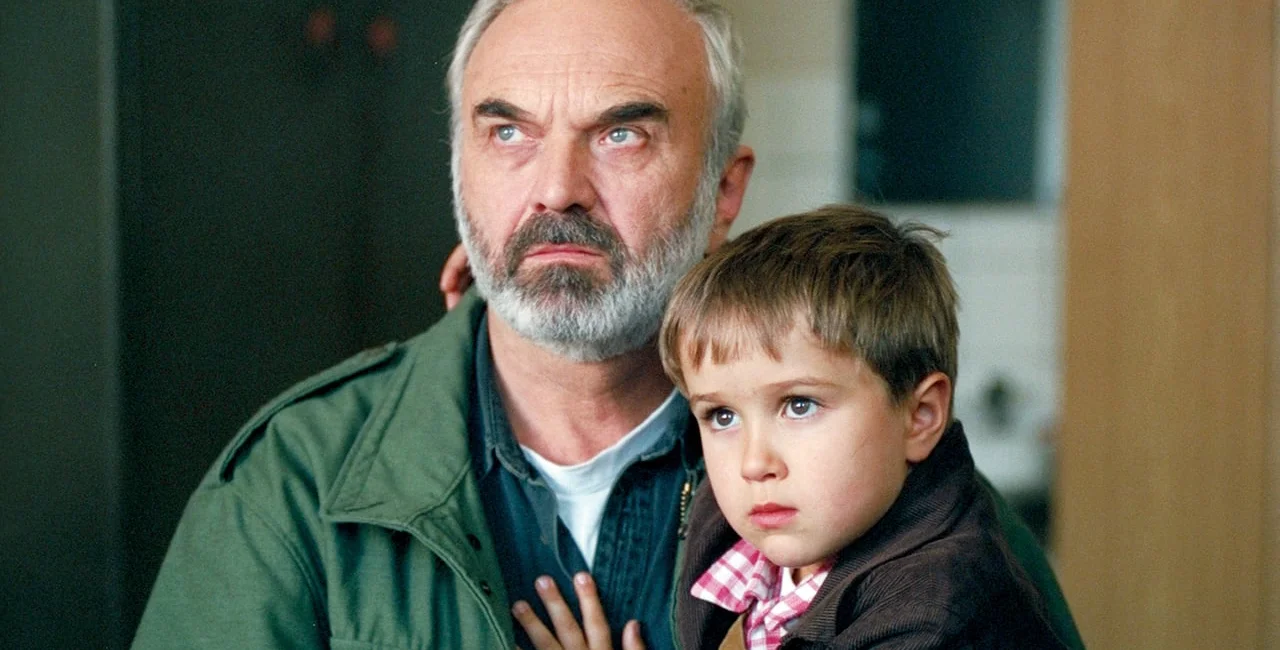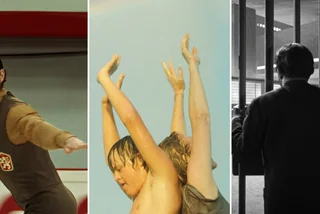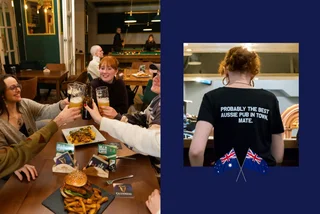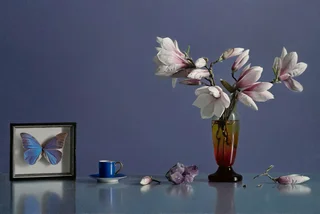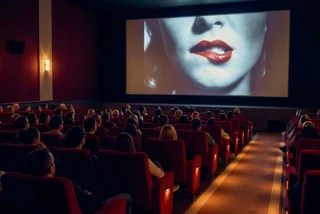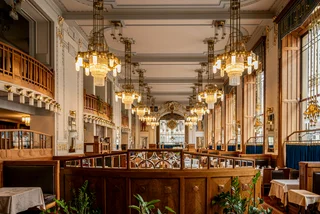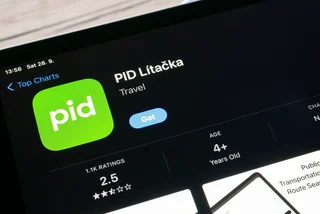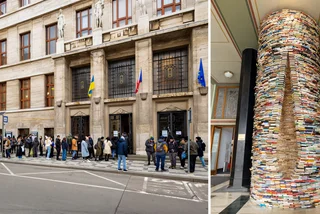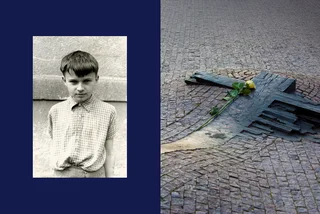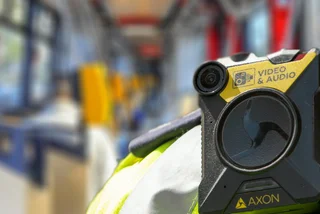Czech culture can be a bit hard to fathom. Beyond the language barrier, there is a culture gap filled with mushroom picking and other curious customs, as well as a long history seldom told beyond the country’s borders. Prague’s Aero cinema is starting a new monthly film series called Some Like It Czech, which will present classic Czech films along with a short stand-up comedy introduction to put the film into context.
Some Like It Czech is intended to bring Czech culture not only to tourists or students on an exchange stay, but mainly to expats living in Prague. The project is the brainchild of two fans of Czech movies who want to share their passion with an English-speaking audience.
“During my exchange stay in Barcelona, I realized how much I was missing my regular visits to the cinema. At the same time, I was taking a course called Spanish society through cinema, and I learned a lot about Spain in a fun way. And I just thought to myself, why don’t I combine it? That was the first impulse," project co-creator Anna Šenfeldová said.
The 1996 film “Kolja” will be screened Oct. 12 at 8:30 pm as the first entry in the series. At the end of the communist era, a Czech man played by Zdeněk Svěrák enters into a fake marriage with a Russian woman, played by Irina Bezrukova. Right after the marriage, the woman vanishes into West Germany, leaving the husband with her 5-year-old child. Libuše Šafránková, known for “Three Nuts for Cinderella” (Tři oříšky pro Popelku), also appears in the film.
Further titles in the series have not yet been announced.
“Kolja” won both the Academy Award and Golden Globe for Best Foreign Language Film. It was also a huge hit domestically in the Czech Republic as well as in Germany.
Comedian Carmine Rodi, an Italian expat living in Prague, will make an introduction before the screening to give viewers some basic facts about the complicated Czech–Russian relationship before 1989.
“We wanted this interpretation to be led by someone who is not from the Czech Republic. Someone who will be able to bring our culture closer to foreigners with a detached and ironical view. That is why we have chosen Carmine, who has lived here for a long time and can describe our nature in a very funny and fitting way,” Šenfeldová said.
After the screening, there will also be an informal networking session at the cinema bar. “We would love to bring together the Czech and expat community and help burst their own separated bubbles. We hope both of the groups will end up leaving the cinema with a different perspective than the one they came with.” Šenfeldová said.
Czech films have on occasion been criticized for being a bit hard to fathom. In Poland, when something is incomprehensible, the colloquial phrase is, “It’s like a Czech film to me.” Hopefully, after the introduction and discussion at the bar, these won’t seem like Czech films to you anymore.
The single-screen Aero cinema in Prague’s Žižkov district has long been a cultural hub. After the Velvet Revolution, it was the first cinema in the city to rely on art house programming and retrospectives instead of recent blockbusters. The cinema’s history goes back to the 1930s when it was an Art Deco cinema showcase. Actress Lída Baarová and actor Hugo Haas attended the grand opening in 1933.
“Aero has become a legend thanks to its distinctive programming, and we want to continue with this tradition. I am very delighted that we have something special for our regular non-Czech speaking audience,” cinema manager Jiří Flígl said.
For more information on the series, visit the Aero cinema website or the festival's Facebook page.












 Reading time: 3 minutes
Reading time: 3 minutes 